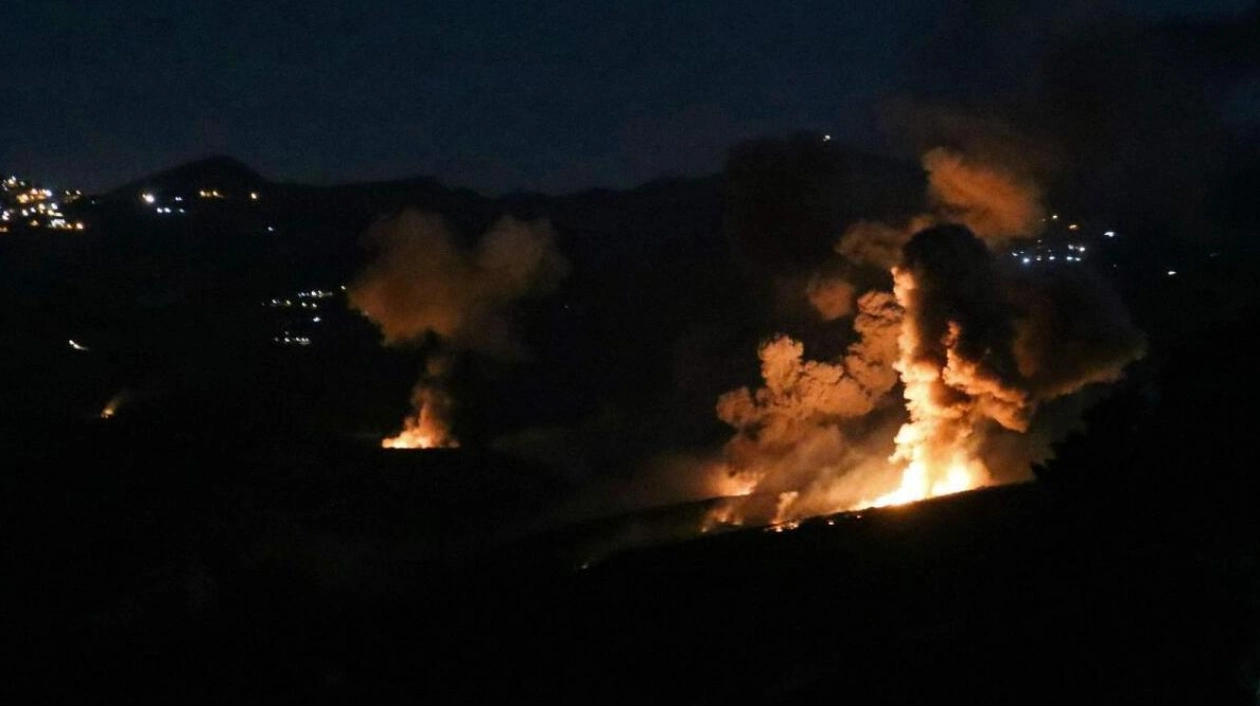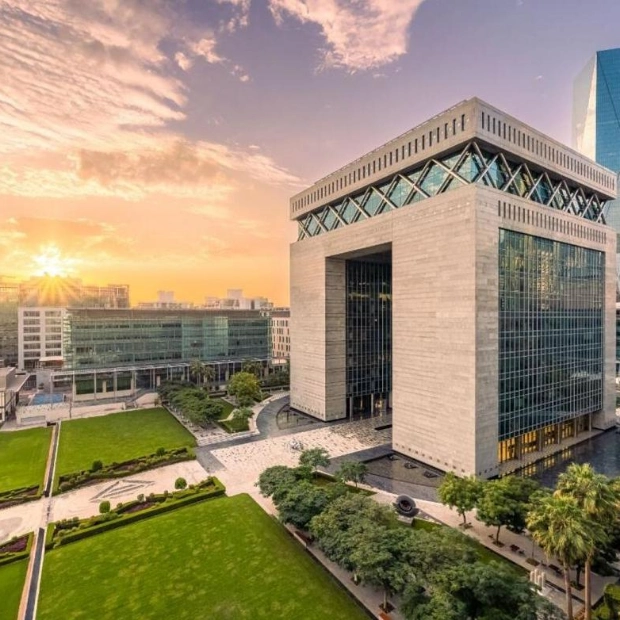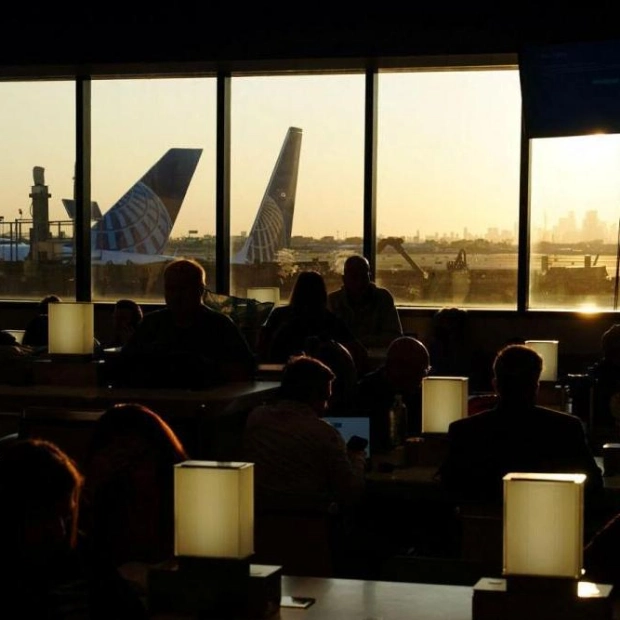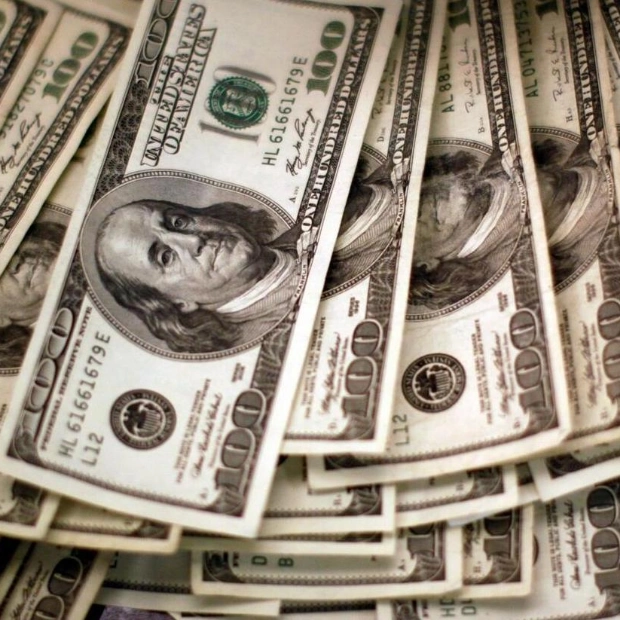Israel has reportedly intensified its strikes against Lebanon's Hezbollah, just hours after the group's leader, Hassan Nasrallah, vowed to retaliate for a series of deadly explosions that targeted their communication devices, resulting in 37 fatalities and thousands injured. Hezbollah has directly accused Israel of orchestrating the detonation of thousands of their operatives' pagers and radios over a two-day period this week. Israel has not yet issued a formal response to these accusations.
In his first public address since the sabotage, Nasrallah described the attacks as a 'massacre' and potentially an 'act of war', promising that Israel would face 'just punishment, where it expects it and where it does not'. As Nasrallah spoke, Israeli fighter jets flew over Beirut, causing sonic booms that shook buildings and prompted residents to seek shelter.
Shortly after, the Israeli military announced that its jets had targeted 'approximately 100 launchers and additional terrorist infrastructure sites, consisting of approximately 1,000 barrels' that were set to be fired immediately. The Lebanese National News Agency reported that Israel had struck the south of the country at least 52 times, marking one of the heaviest bombardments since border clashes began in October.
Simultaneously, Hezbollah claimed to have launched at least 17 attacks on military sites in northern Israel. These developments follow Israel's recent declaration of shifting its war objectives to its northern border with Lebanon, where it has been engaged in ongoing skirmishes with Hezbollah.
For nearly a year, Israel's military focus has primarily been on the Palestinian militant group Hamas in Gaza, but it has also been involved in near-daily exchanges with Hezbollah militants. International mediators have made numerous attempts to prevent a full-scale war between Israel and Hezbollah and to mitigate the regional impact of the conflict in Gaza.
Hezbollah asserts that its actions are in support of Hamas, and Nasrallah has vowed to continue attacking Israel as long as the war in Gaza persists. The cross-border hostilities have resulted in hundreds of deaths in Lebanon, mostly fighters, and dozens in Israel, including soldiers. Tens of thousands of people on both sides of the border have been displaced from their homes.
Addressing Israeli troops on Wednesday, Defense Minister Yoav Gallant stated, 'Hezbollah will pay an increasing price' as Israel works to 'ensure the safe return' of its citizens to areas near the border. 'We are at the start of a new phase in the war,' he concluded.






